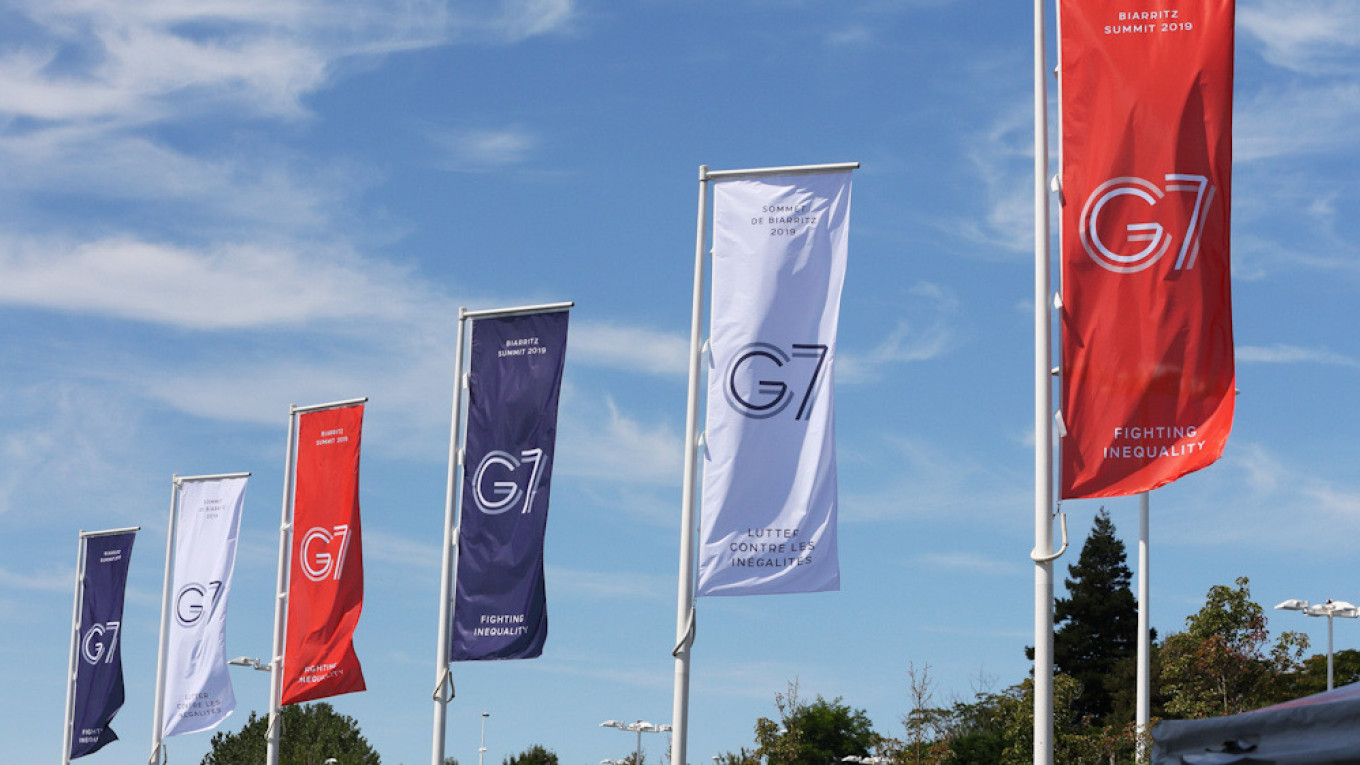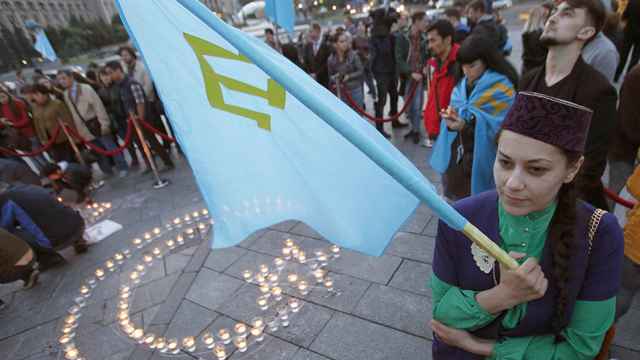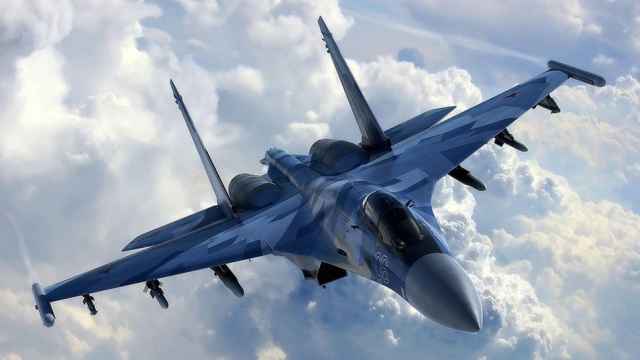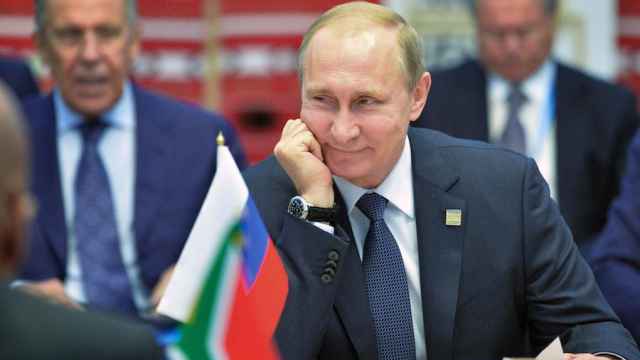The G7 group of leading economic powers said on Thursday it would not accept Russia's annexation of Crimea from Ukraine, in a statement marking seven years since the takeover.
"We unequivocally denounce Russia's temporary occupation of the Autonomous Republic of Crimea and the City of Sevastopol. Russia's attempts to legitimize it are not, and will not, be recognized," it said.
"We call on Russia to respect its international obligations, allow access to international monitors, and to immediately release all those who are unjustly detained," it said, adding: "Crimea is Ukraine."
Shortly after the annexation, Russia-backed separatists in eastern Ukraine began fighting a conflict against the Ukrainian army that has so far claimed more than 13,000 lives, according to the UN.
The G7 — a group that includes the U.S., UK, France, Germany and Japan — called for all parties to implement a 2015 peace deal known as Minsk II that banned tanks and other heavy weapons.
"The full implementation of the Minsk agreements is the way forward for peace," the G7 said. "Russia is a party to the conflict in eastern Ukraine, not a mediator."
Russia has given citizenship to thousands in Ukraine's eastern Donetsk and Lugansk regions and the West says Russia is continuing to send troops and arms to support the separatists.
Moscow denies the claims and blames a recent uptick in fighting on Ukrainian forces.
A diplomatic push by France and Germany known as the Normandy format is also seeking to resolve the conflict, though envoys have not met since 2019.
Ukrainian President Volodymyr Zelenskiy called last week for a summit with European countries and floated a direct meeting with Russian leader Vladimir Putin in a bid to halt the violence.
Tensions between Moscow and Washington also spiraled into a diplomatic crisis this week after President Joe Biden said Putin would "pay a price" after US officials determined that Russia attempted to sway the recent American presidential election.
Biden also described Putin as a "killer," after the U.S. government announced further export sanctions against Russia over the poisoning and subsequent imprisonment of the outspoken Putin critic Alexei Navalny.
Russia's Foreign Ministry responded on Wednesday by recalling its US ambassador for consultations on "what should be done and where to go in the context of ties with the United States."
A Message from The Moscow Times:
Dear readers,
We are facing unprecedented challenges. Russia's Prosecutor General's Office has designated The Moscow Times as an "undesirable" organization, criminalizing our work and putting our staff at risk of prosecution. This follows our earlier unjust labeling as a "foreign agent."
These actions are direct attempts to silence independent journalism in Russia. The authorities claim our work "discredits the decisions of the Russian leadership." We see things differently: we strive to provide accurate, unbiased reporting on Russia.
We, the journalists of The Moscow Times, refuse to be silenced. But to continue our work, we need your help.
Your support, no matter how small, makes a world of difference. If you can, please support us monthly starting from just $2. It's quick to set up, and every contribution makes a significant impact.
By supporting The Moscow Times, you're defending open, independent journalism in the face of repression. Thank you for standing with us.
Remind me later.






